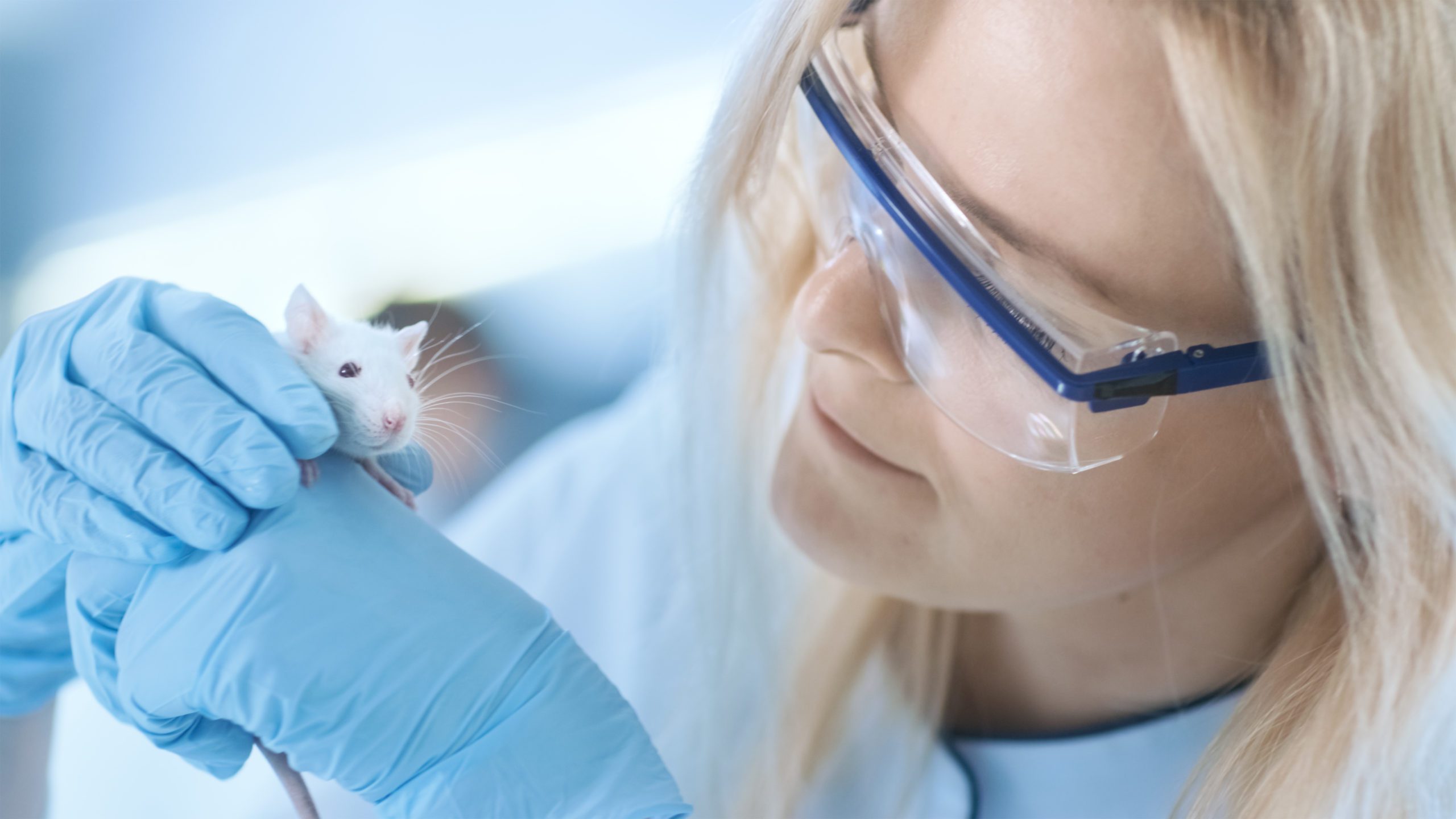Unused. News


November 16, 2021











0











0
Telomeres: explaining how the body ages
By AGE2B team
Virtually everyone has spent time contemplating what it means to both get older and to grow old. Aging and mortality are phenomena that can be examined from multiple perspectives – physical, social and economic, even philosophical. The complexities of the issues raised for society by an aging population will likely continue to challenge academics and […]
Read more


November 10, 2021











0











0
Oxidative stress handled by mitochondria
By AGE2B team
Mitochondria is a powerhouse of the cell. It plays a vital role in producing energy from food. Meanwhile, it can get stressed and damaged. Under stressful conditions, mitochondria activate their multiple defense mechanisms: biochemical “domino” pathways that help them repair their defects and recover or improve their health. Stressed mitochondria are largely involved in aging, […]
Read more


November 3, 2021











0











0
New non-invasive diabetes monitoring device
By AGE2B team
New component found targeting circadian clock and aging. The circadian clock is the biological mastermind controlling orderly execution of bodily processes throughout the day. In recent years, an emerging topic of broad interest is clock-modulatory agents, including small molecules both of synthetic and natural origins, and their potential applications in disease models. Nobiletin is a […]
Read more


November 3, 2021











0











0
Average steps walked every day impact women’s lifespan
By AGE2B team
Today we face an everyday goal of 10 000 steps which is commonly believed by the public to be necessary for health, but this number has limited scientific basis. Additionally, it is unknown whether greater stepping intensity is associated with health benefits, independent of steps taken per day. The recent study measured walking steps of […]
Read more


November 3, 2021











0











0
Regular exercise and diet lead to diabetes remission
By AGE2B team
Regular exercise and a calorie-restricted diet in just a year brought 61 percent of patients with type 2 diabetes into remission. According to the authors of the study, published in The Lancet Diabetes & Endocrinology, participants in the experiment were randomly divided into two subgroups, the first of which received standard diabetes care. Patients in […]
Read more


November 3, 2021











0











0
New wearable device can track immune processes in human skin
By AGE2B team
Researchers from Skoltech and the University of Texas at Austin have presented a proof of concept for a wearable sensor that can track healing of chronic skin wounds, even without the need to remove the bandages. The team used a simulated wound environment to test the sensitivity of their sensor to three critical biomarkers: pyocyanin, […]
Read more


November 3, 2021











0











0
The secret of the long-livers underlies in short immune memory
By AGE2B team
A team of researchers from Russia, the Czech Republic and Israel has found that the reason some blind mole rats live longer than other small creatures is because they have short immune memory With age, they do not accumulate large populations of long-lived memory cells; this allows to preserve the diversity of naive T cells […]
Read more


November 3, 2021











0











0
New promising drug against obesity – bodyweight cuts up to 20%
By AGE2B team
Semaglutide is clinically approved to be used for patients with type 2 diabetes, though is typically prescribed in much lower doses of 1mg. In the recent study the drug has been used in obesity treatment. The drug, semaglutide, works by hijacking the body’s own appetite regulating system in the brain leading to reduced hunger and […]
Read more


November 3, 2021











0











0
Scientists cured diabetes in mice while they were sleeping
By AGE2B team
Increasing insulin sensitivity is a cornerstone of diabetes treatment and prevention. Unfortunately, not all patients succeed in consistently adhering to their doctors recommendations, and millions have serious complications, leading, among other things, to renal failure, blindness and amputation of limbs due to damage to blood vessels and nerves. In the recent study the scientists improved […]
Read more


November 3, 2021











0











0
New gene markers make diabetes diagnostics easier
By AGE2B team
Researchers have discovered the barrier to β-cell regeneration that could pave the way for improved treatments for diabetes and diseases that involve organ and tissue damage. This process is regulated by methylation changes of two key developmental genes Ngn3 and Sox 11. They have been known before, the recent study demonstrated how exactly regulation of […]
Read more










